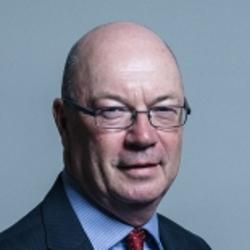Developing Countries: Slavery
(asked on 9th January 2019) - View SourceQuestion to the Department for International Development:
To ask the Secretary of State for International Development, what programmes her Department (a) promotes and (b) funds to tackle child slavery in developing countries.
DFID is at the forefront of the UK’s international efforts to end violence against, and abuse and exploitation of children – including the worst forms of child labour. We are promoting action to end modern slavery in all its forms in line with Sustainable Development Goals 16.2, 8.7 and 5.2 and as well as leading efforts to increase support for, and implementation of, the Prime Minister’s “Call to Action to end Forced Labour, Modern Slavery and Human Trafficking” launched in 2017. The Call to Action has now endorsed by over 80 countries and we continue to work with governments, civil society and the private sector to push for action at all levels.
In 2017 the Government committed to doubling aid spending to tackle modern slavery to £150 million. We have exceeded this goal with UK aid committed now amounting to just over £200 million. DFID funded programmes make up the bulk of this aid and includes work to reduce vulnerability to exploitation and address the permissive environments which allow child exploitation to exist and thrive.
Full details of this work can be found at https://devtracker.dfid.gov.uk/. Examples include: a £26 million Regional Programme to tackle the worst forms of child labour in Asia (e.g. Bangladesh and Nepal); a £10 million Children on the Move Programme (in partnership with UNICEF) to protect up to 400,000 children at risk of violence and slavery in the Horn of Africa and along dangerous migratory routes in Sudan, Somalia and Ethiopia; and a new £12 million UK Aid Connect Programme to address child labour in fragile and conflict affected states in Africa (such as the DRC).

